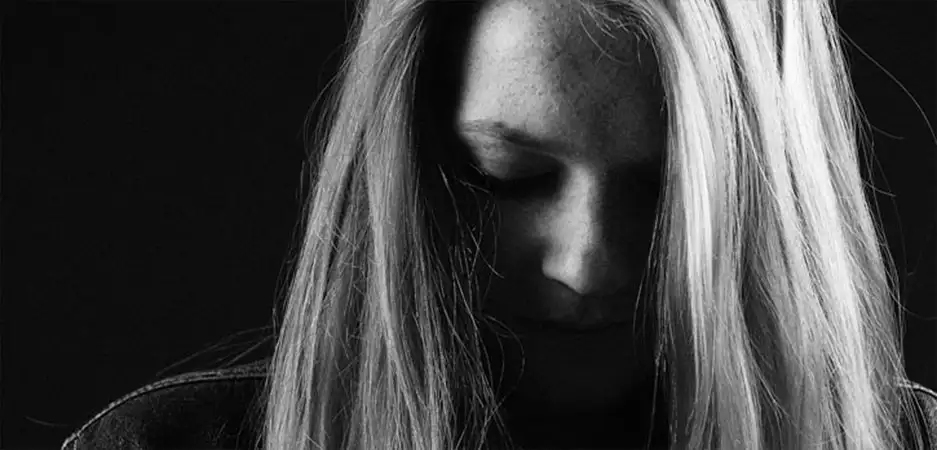-
AllAnytime Fitness Gym Art Beer Of The Week Blog Bus Fares Bus Service Business Business Expo C2C Care Care Home Charity Children Christmas Cinema City Status Cliffs Pavilion Cliffs Pavilion Review Cocktail Recipes College Community Competition Construction Coronation Coronavirus Dannielle Emery Design Easter Education Electoral changes Leigh on sea Emma Smith Employment Emsella Chair Environment Essex & Suffolk Water News Essex Police Essex Wildlife Trust News Events Family Fun Fashion Festival Film Finance Fitness Food Food & Drink Football Foulness Bike Ride Fresh Face Pillow Company Gardening General Election Hair & Beauty Halloween Harp Havens Havens Hospice Havens Hospices Havens Hospices Health & Fitness Health & Beauty Health & Fitness Healthwatch Southend Historicaleigh History Holidays Housing Indian Indirock Jubilee Karen Harvey Conran Kids Kids Blogs Kids Competitions Kids Reviews Lazydays Festival Legal Legal Eagle Leigh Art Trail Leigh Folk Festival Leigh Library Leigh On Sea Finds Leigh Road Leigh Town Council Leigh Town Council Press Release Leigh on Sea Leigh on Sea Sounds Leigh on sea Folk Festival Leigh on sea Marathon Leigh on sea Town Council Leigh on sea man breaks marathon record Leigh on sea news Lifestyle Livewell Southend Press Release LoS Shop London London Southend Airport Los Shop Marathon Melinda Giles Mortgage Angel blog Mortgages Motherofalloutings Mughal Dynasty Music My Mortgage Angel MyLoS NHS News News Newsletter Offers Outfit Of The Week Palace Theatre Parenting Parking Pets Picture Of The Week Pier Politics Press Release Press Release Southend City Council Professional Property Property Of The Week RSPCA Ray Morgan Re:loved Recipes Recycling Restaurant Restaurant Review Restaurants Review Roads Rotary Club Royal Hotel Royal Visit SAVS Schools Seafront Shopping Shows & Music Review Shows & Music Shows & Music Review Southend Southend Airport Southend Borough Council Press Release Southend City Bid News Southend City Council Southend City Council Press Release Southend City Council Press Release Southend Community Safety Southend Hospital News Southend In Sight Southend In Sight Southend In Sight Press Release Southend on Sea Sport The Mortgage Mum The One Love Project The Ship Hotel Theatre Theatre Blog Theatre Review Theatre review Transport Travel Travel Veolia Village Green Volunteer Weddings Whats On c2c
How To Beat The Winter Blues

The nights are getting longer: Every October the UK has Daylight Saving time which means that the clocks go back one hour, resulting in it being darker even earlier. Some look forward to the long nights of winter, however, a number of people suffer real physical consequences due to the lack of light. They suffer from “Seasonal Affective Disorder” (SAD) often referred to as the “Winter Blues”.
Year after year, during Autumn and Winter, those experiencing SAD develop depression, which, if left untreated does not lift until late Spring.
Serotonin is a neurotransmitter that keeps us happy and active and that needs light to form. If (serotonin) levels are low, we are more likely to suffer from depression: in fact many anti-depressant drugs work by affecting serotonin levels. Some people –women more than men – are prone to low serotonin and the shortfall due to the lack of light, can tip them over the edge into depression. Symptoms are feelings of hopelessness and worthlessness, irritability, the loss of interest in activities they usually enjoy, and they often withdraw. Sufferers tend to crave carbohydrate foods – such as cakes, biscuits and sweets –, and many put on weight over the winter.
While serotonin needs light to develop, another neurotransmitter – melatonin – requires darkness. We need melatonin to be able to sleep, but high melatonin levels can make us feel sleepy even during the day. Sleepiness is another common symptom of SAD. Melatonin is formed from serotonin, which is made from a chemical called 5-hydroxtryptophan (5-HTP). The precursor for that is the amino acid tryptophan, which is found in some protein foods: spirulina, dairy products, eggs, red meat, poultry, fish, chocolate, oats, dried dates, chickpeas, almonds, sunflower and pumpkin seeds, bananas and peanuts all contain tryptophan. Although turkey is often quoted as the best source of tryptophan, it is no richer in the amino acid than other poultry meats. Tryptophan is an essential amino acid, which means that the body’s only source for it is food. It cannot synthesize it. Unfortunately, tryptophan from food cannot access the brain very easily. This can be enhanced by combining tryptophan-rich foods with healthy carbohydrates such as brown rice, wholegrain bread or oats.
The first line treatment of SAD is exposure to light, which promotes the development of serotonin and stops its conversion into melatonin. Commercially available full-spectrum light boxes are being used very successfully, and 70% of suffers respond well. It is, however, necessary to spend 30 minutes in front of the light box every day, and this time commitment for months and months can be difficult. Another option, though not quite as effective, is the replacement of light bulbs in the house and office by “full-spectrum” or “daylight” light bulbs: Their light is brighter and not as cosy as that from ordinary light bulbs, but it can make a big difference to a person suffering from SAD.
Vitamin D is another chemical, which greatly affects mood. It is not abundant in food, but is made in our skin when it is exposed to sunlight. Those living in the Northern hemisphere would find it difficult to make sufficient vitamin D at the best of times. During the short days of winter it is virtually impossible. A way of increasing your intake of Vitamin D within your diet is by eating oily fish, such as salmon, mackerel, herring and sardines as well as eggs.
Vitamin D can also be obtained as a supplement: although like all fat-soluble vitamins, excess vitamin D is not excreted, but stored, so toxicity is possible. It is easy to check Vitamin D levels by a blood spot sample. The test is easily obtainable and affordable, or you can ask your GP whether you are eligible for a test. If not, your nutritional therapist will be able to arrange the test for you.
One of the most efficient ways to beat the winter blues is exercise, particularly outdoors during daylight hours if that is at all possible. Among the symptoms of SAD are of course listlessness and fatigue, which is going to make it very hard to get motivated, but if you manage to get yourself moving the benefits will be considerable. It really is worth it.
To book an appointment at The Body Matters, please call 01702 714968
ADD A COMMENT
Note: If comment section is not showing please log in to Facebook in another browser tab and refresh.






















